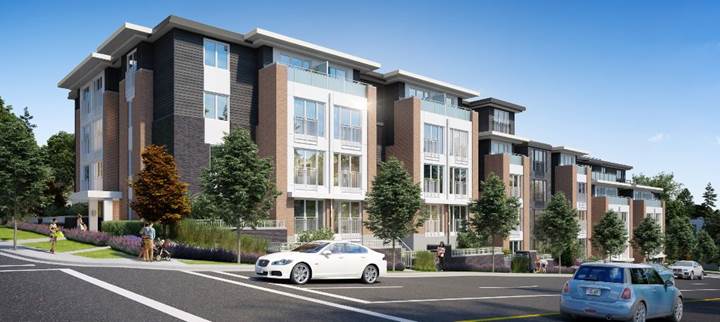

A zero emissions building (ZEB) is highly energy efficient and uses only renewable energy.
We plan to transition to zero emissions buildings in all new construction by 2030. To achieve this, we're setting limits on emissions and energy use in new buildings, and will reduce these limits over time.
Review:
What's happeningNatural gas amendments to the Building By-law effective March 1, 2025
On November 26, 2024, Council approved new rules for energy and carbon performance.
These rules will require small residential buildings to meet the highest level of the BC Zero Carbon Step Code External website, opens in new tab, while large buildings will need to meet the second-highest level. These changes will come into effect March 1, 2025.
Review Council documents
Net Zero applications
Applications for relaxations and exclusions under the CHBA Net Zero Home Label must include a person who has the Qualified Net Zero Builder accreditation. Alternately, the applicant team must include a person who has a current Certified Passive House Consultant or Certified Passive House Designer accreditation.
An Air-tightness Declaration is also required.
Review instructions and complete the Air-tightness Declaration form PDF file (477 KB)
Energize Vancouver
Energize Vancouver is our multi-year initiative to reduce the carbon pollution produced by existing commercial and multi-family buildings.
Energy resources and programs for existing detached homes
To achieve our Climate Emergency Action Plan targets we need to retrofit existing homes to reduce emissions to zero before 2050.
High performance building standards
Learn about high performance buildings that meet Passive House and Net Zero Energy certified standards.
Zoning amendments to support the Climate Emergency Response
As of January 1, 2022, new low-rise residential buildings require zero emissions equipment for heating, and additional roof insulation.
Building catalyst tools
Learn how zero emissions buildings can be eligible for a 5% increase in floor space ratio.
Multi-family building energy resources and programs
Depending on its size, your multi-family building may be eligible for a range of utility programs, incentives, and rebates.
Attend green building events or take courses

Zero Emissions Building Exchange (ZEBx)
ZEBx is a centre of excellence to increase knowledge, capacity, and passion for cost-effective and low energy buildings.
Learn more and sign up for updates External website, opens in new tab






